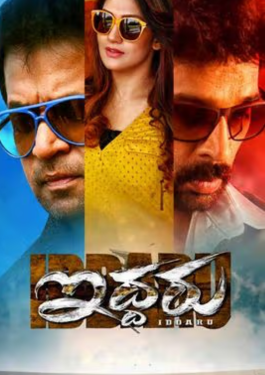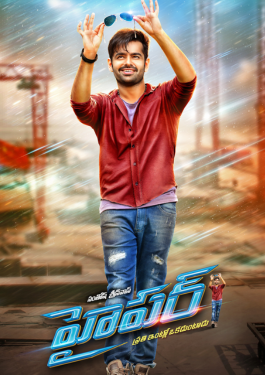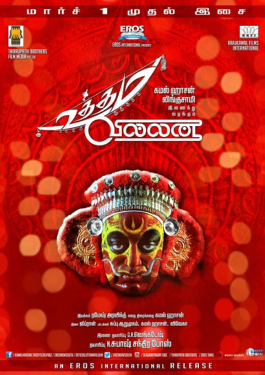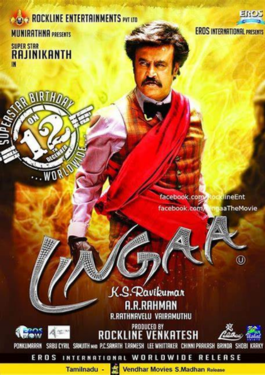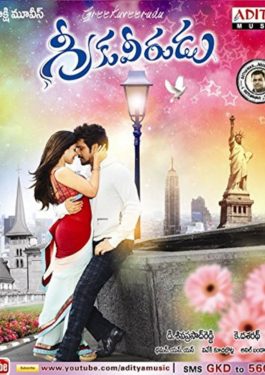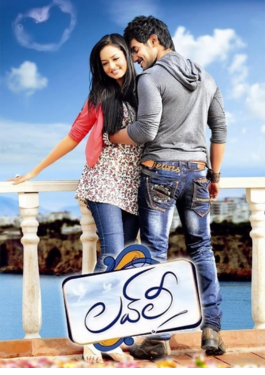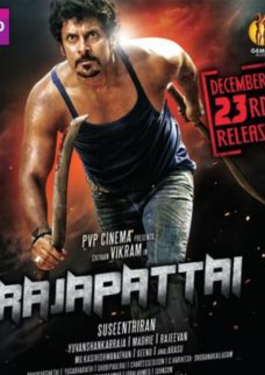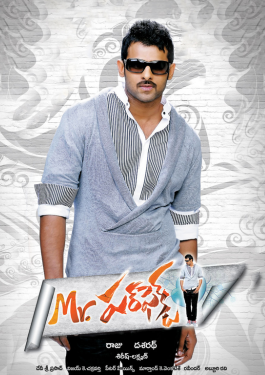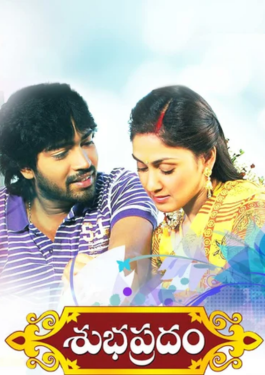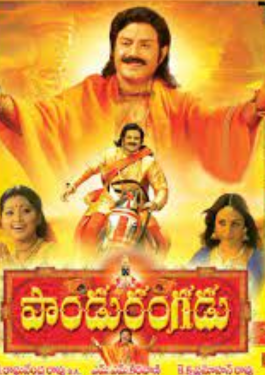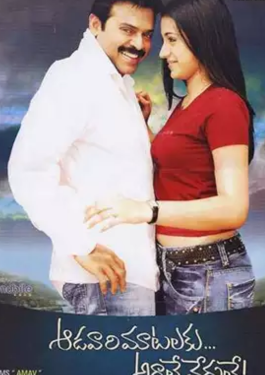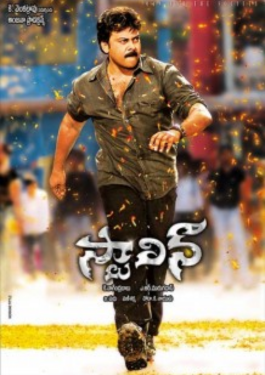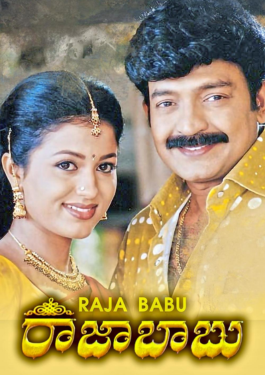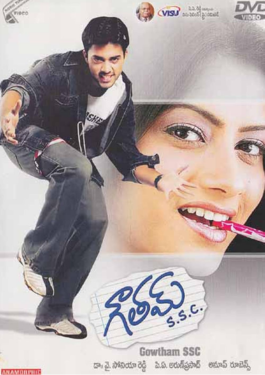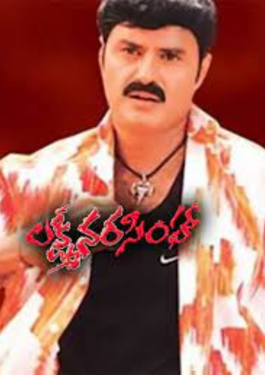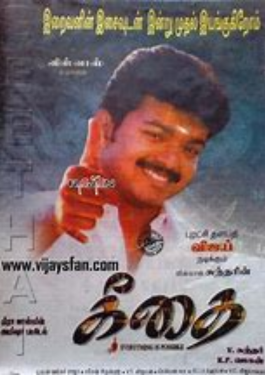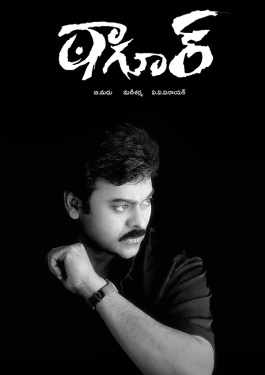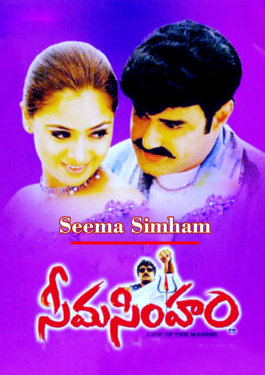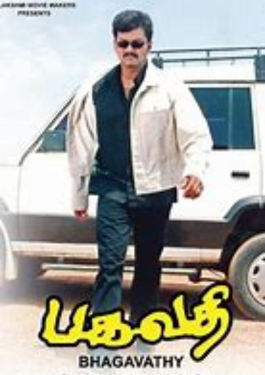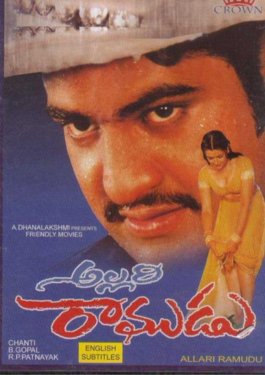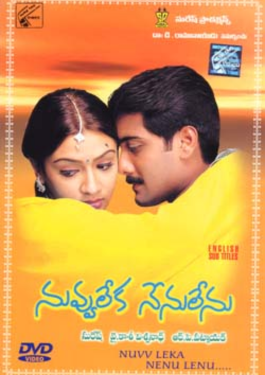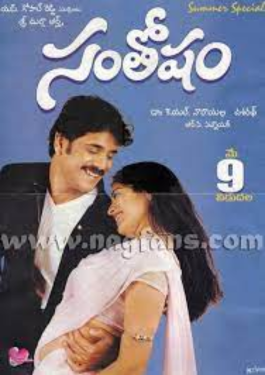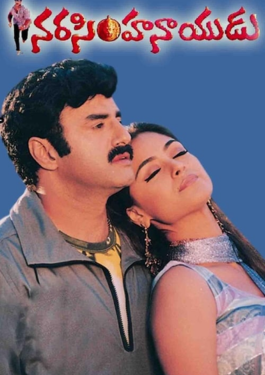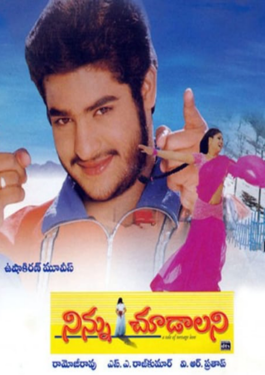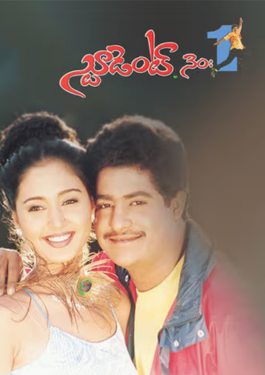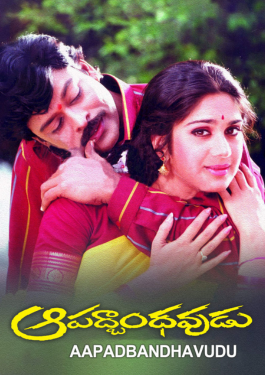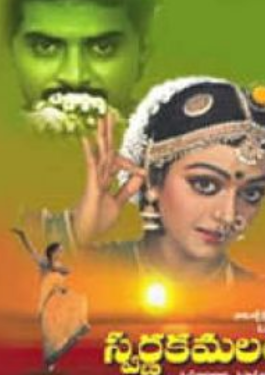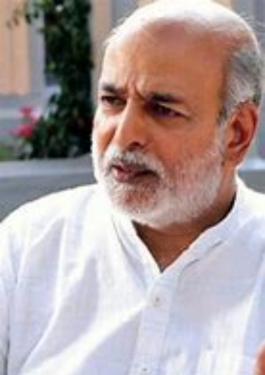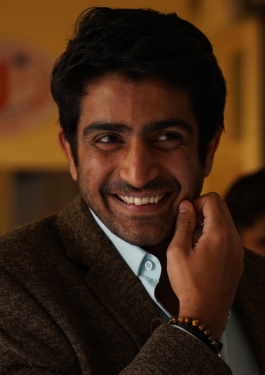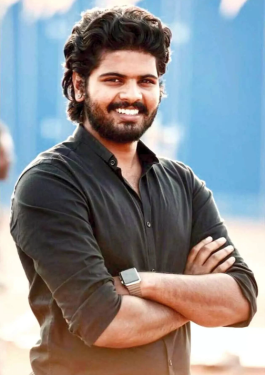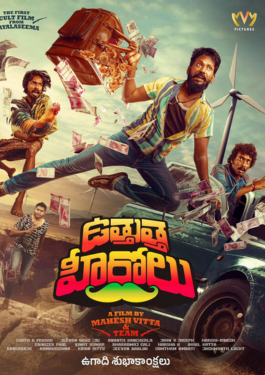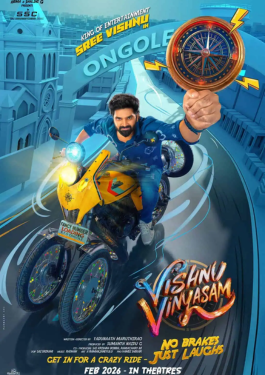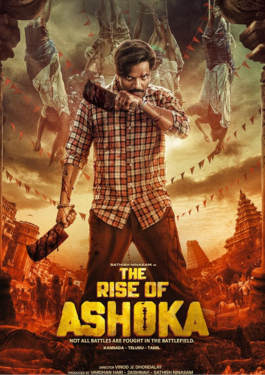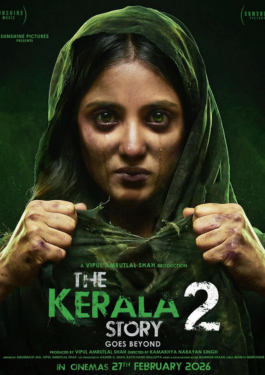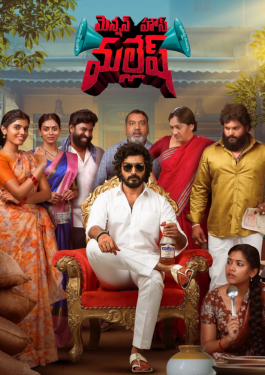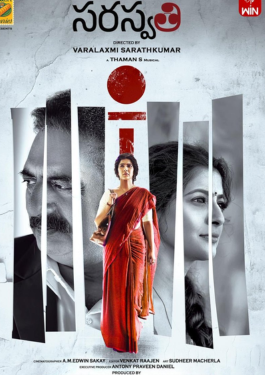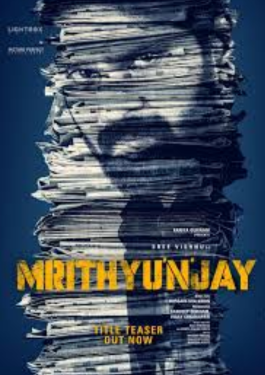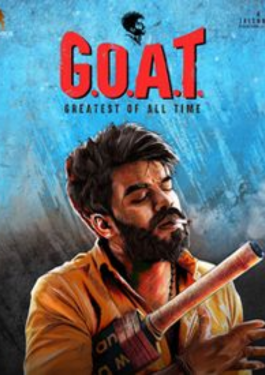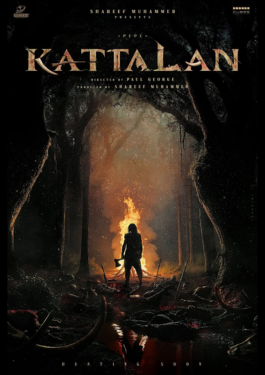- August 15, 2023 / 06:53 PM ISTByFilmy Focus
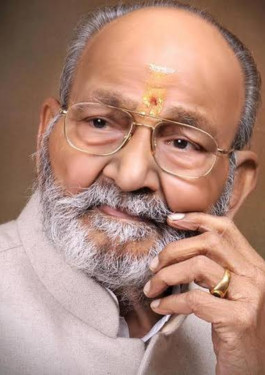
K. Viswanath
Biography:
An Indian cinema director, screenwriter, lyricist, and actor by the name of Kasinadhuni Viswanath (also known as “Kalatapasvi”), he lived from 19 February 1930 until 2 February 2023. He is regarded as one of the greatest directors in Telugu cinema and is renowned for fusing mainstream and independent filmmaking. His films have earned attention on a global scale.[a] At the 1981 French Film Festival in Besançon, he received the “Prize of the Public.” For his contributions to the arts, he was given the Padma Shri and the Raghupathi Venkaiah Awards by the state of Andhra Pradesh in 1992. He received the Dadasaheb Phalke Award in 2017, which is the top honor in Indian cinema.
In sixty years, Viswanath has directed 53 feature films in a range of genres, with themes centered on performing arts, visual arts, aesthetics, melodrama, and poetry. Viswanath began his film career as an audiographer. In his filmography, Viswanath is renowned for using the liberal arts to explore topics like as caste, color, disability, gender discrimination, misogyny, alcoholism, and socioeconomic difficulties.
The 1980 and 1983 hits Sankarabharanam and Sagara Sangamam, both directed by Viswanath, were listed among CNN-IBN’s 100 greatest Indian movies of all time. His 1981 films Saptapadi and Sankarabharanam, both directed, won National Film Awards for Best Feature on National Integration and Best Popular Feature Film, respectively. At the 8th IFFI, the Tashkent Film Festival, the Moscow International Film Festival, and the Besançon Film Festival, Sankarabharanam was screened.
The 59th Academy Awards saw India’s official submission, Swathi Muthyam (1986) by Viswanath. The 1986 films Sirivennela, Swathi Muthyam, and Sagara Sangamam were showcased at the Asia-Pacific Film Festival. A special mention was given to Swayamkrushi (1987) during the Moscow International Film Festival. The Indian Panorama portions of the IFFI, Ann Arbor Film Festival, and AISFM Film Festival, in that order, showcased the films Sankarabharanam, Sagara Sangamam, Sruthilayalu (1987), Swarnakamalam (1988), and Swathi Kiranam (1992).
More Details
| Name | K. Viswanath |
|---|---|
| Date of Birth | 19/02/1930 |
| Date of Death | 02/02/2023 |
| Birth Place | Repalle, Madras Presidency, British India |
| Current Residence | Hyderabad, Telangana, India |
| Religion | Hinduism |
| Nationality | Indian |
| Height | 170 CM |
| Hobbies | Reading books |
| Father | Kasinadhuni Subrahmanyam |
| Mother | Kasinadhuni Saraswatamma |
| Debut Movies | |
|---|---|
| Language | Movie Name |
| Telugu | Aatma Gowravam |
| Awards List | ||||
|---|---|---|---|---|
| Year | Award | Category | Movie Name | |
| 1992 | Padma Shri | |||
| 1981 | Prize of the Public at the Besançon Film Festival of France | |||
| 1982-1987 | Special Mention – Moscow International Film Festival | |||
| 2014 | Gulf Andhra Award for Life Time Achievement in Cinema | |||
| 2017 | Dadasaheb Phalke Award for lifetime achievement in cinema. | |||
| 1980 | National Film Award | Best Popular Film Providing Wholesome | Sankarabharanam | |
| 1982 | Nargis Dutt Award | Best Popular Film on National Integration | Saptapadi | |
| 1987 | Best Feature Film in Telugu | Swathi Muthyam | ||
| 1990 | Best Feature Film in Telugu | Sutradharulu | ||
| 2005 | Best Feature Film in Telugu | Swarabhishekam | ||
| 1980 | Second Best Story Writer | Sankarabharanam | ||
| 1982 | Nargis Dutt Award | Best Director | Subhalekha | |
| 1983 | Nargis Dutt Award | Best Director | Sagara Sangamam | |
| 1986 | Nargis Dutt Award | Best Director | Swathi Muthyam | |
| 1987 | Nargis Dutt Award | Best Director | Sruthilayalu | |
| 1992 | Nargis Dutt Award | Best Director | Aapadbandhavudu | |
| 1995 | Nargis Dutt Award | Best Director | Subha Sankalpam | |
| 2012 | Viswa Vikhyata Darsaka Sarvabhowma | Best Director | ||
| 2012 | Chittoor V. Nagayya Puraskaram for lifetime achievement | Cinema | ||
| 2017 | Hyderabad Award for achievement | Cinema | ||
| 2017 | Telugu Film Director's Association Award | Best Directon | ||
| 2017 | Government of Andhra Pradesh for achievement | Cinema | Aathmeeya Sanmanam | |

